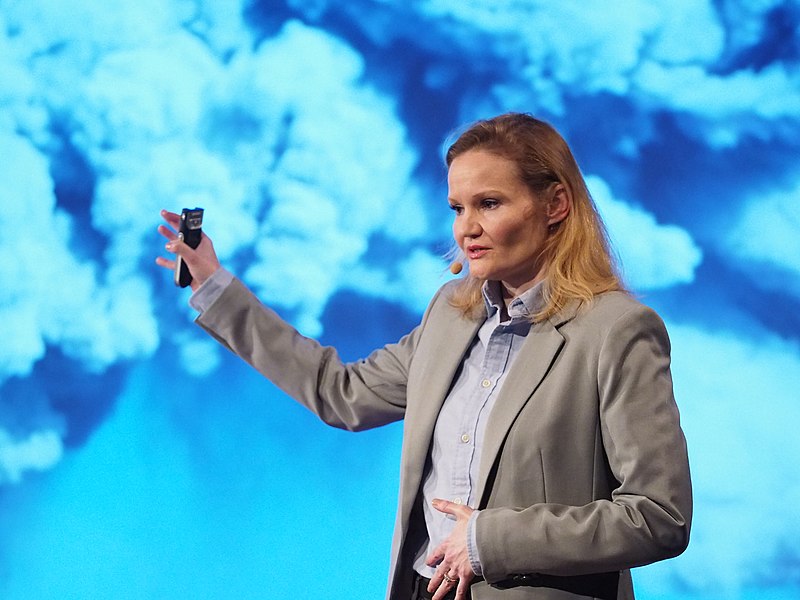
“The more extreme cases are comments in the direction that I should kill myself in such and such a way. Or the worst one is when they say that they are going to hunt me down and do various things to me.”
This testimony comes from climate scientist Helene Muri, who receives online threats on a regular basis. Her story is one of many compiled in a new study conducted by watchdog group Global Witness, which sheds light on the abuse climate scientists – mostly women – receive online.
In a survey administered to 468 climate scientists through pollster YouGov, 39% of respondents reported having experienced online harassment or abuse relating to their work.
And for those who appear at least once a month in the media, this number rises to 73%.
Muri, who is often interviewed by media outlets on topics like extreme weather events, climate change and assessment of mitigation options, told Vice that media appearances are followed by a noticeable influx in negative messages. Many of these remarks are rooted in sexism, with internet trolls telling her to leave climate research to men.
According to poll findings, this is common. 34% of women climate scientists who reported online abuse said their gender was targeted a great deal or a fair amount of the time, and 13% even reported threats of sexual violence. The study also shows that online abuse took the greatest toll on women, with nearly a third reporting sleep problems.
All of the respondents, however, reported negative effects on health, work and communication, with 41% saying their experience with online abuse had made them less likely to post on social media about climate issues. These trends are concerning to researchers, who stated, “If scientists are unable to do their work because of stress and fear caused by harassment, the critical evidence that undergirds climate action and solutions is put at risk.”
The majority of threats reported in the study took place on Twitter and Facebook, despite the fact that threats of physical or sexual violence and death are prohibited by all the major social media platforms. The platforms’ failure to enforce their own content moderation policies was not discounted by Global Witness researchers, who called out the platforms in the study’s closing.
“Instead of enabling a harmful environment, [Twitter and Facebook] should be quicker to act on content that clearly violates their policies and conduct human rights impact assessments of their processes,” the researchers stated. “Properly resourcing their content moderation systems would help reduce the amplification and spread of disinformation around climate or climate science, and incendiary or hateful content.” Neither platform has publicly responded to the Global Witness report.
Despite online abuse discouraging many respondents from posting about climate on social media, there is some hope. 23% of affected scientists reported that the online abuse had made them more likely to post, showing that many scientists are determined to stay vocal on social media, despite the risk. Still, Global Witness researchers said it should not be like this.
“All climate scientists should feel able to share their work online, not just those prepared to deal with ensuing abuse.”



